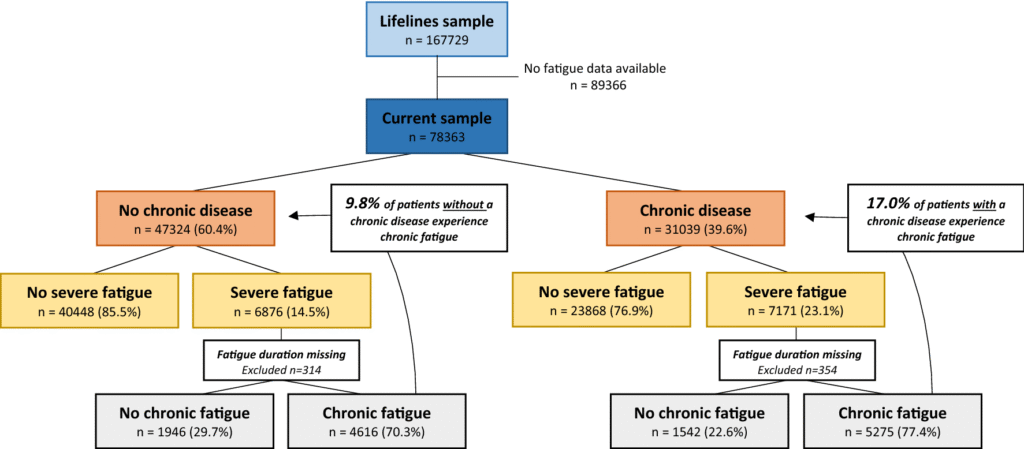1. What Does “Lethargic” Mean?
According to the Cambridge Dictionary, lethargic means:
“Having little energy; feeling unwilling and unable to do anything.”
The Medical News Today website expands it as a state of tiredness, weariness, or lack of energy that can be both mental and physical.
Lethargy is not just tiredness — it can indicate deeper health or psychological conditions.

2. Origin and Etymology
The term lethargic comes from the Greek word lēthargos, meaning “forgetful” or “inactive.” It evolved from lēthē (oblivion) and argos (idle), literally signifying “inactive forgetfulness.”
It entered English around the 14th century and was historically linked to melancholic states.
3. Signs and Symptoms of Being Lethargic
Feeling lethargic may include:
- Constant tiredness or fatigue
- Low motivation to perform tasks
- Difficulty concentrating
- Slow reactions or drowsiness
- A general sense of “mental fog”
Medical Symptoms Include:
- Muscle weakness
- Sleep disturbances
- Frequent yawning
- Poor memory retention

4. Common Causes of Lethargy
Lethargy can be temporary or long-lasting, depending on the cause:
Lifestyle Causes:
- Lack of sleep
- Poor diet
- Dehydration
- Sedentary behavior
Health Conditions:
- Anemia
- Thyroid disorders
- Diabetes
- Depression
- Chronic Fatigue Syndrome
Medications:
- Antidepressants
- Antihistamines
- Pain relievers

5. Lethargy vs Laziness: What’s the Difference?
| Aspect | Lethargy | Laziness |
|---|---|---|
| Definition | Physical or mental fatigue | Unwillingness to act |
| Reason | May be caused by health conditions | Choice or attitude |
| Treatable? | Yes (medical or lifestyle) | Yes (with motivation/support) |

6. How to Use “Lethargic” in a Sentence
Here are a few real-world examples:
- “After the flu, I felt lethargic for days.”
- “He appeared lethargic during the meeting and barely spoke.”
- “The heat made everyone feel lethargic by noon.”

7. Synonyms and Antonyms
Synonyms:
- Sluggish
- Drowsy
- Weary
- Tired
- Inactive
- Listless
Antonyms:
- Energetic
- Lively
- Alert
- Active
- Rested

8. Emotional and Mental Effects of Lethargy
Lethargy doesn’t only affect the body — it takes a toll on your emotions and mind too:
- Feeling demotivated
- Increased irritability
- Low mood or depression
- Social withdrawal
This can lead to a harmful loop of inactivity → guilt → lower mood → more inactivity.

9. Lethargy in Medical Context
Medical conditions where lethargy is a common symptom include:
- Pernicious Anemia
- Hypothyroidism
- Fibromyalgia
- Chronic Fatigue Syndrome (CFS)
- COVID-19 Long Haul
Doctors may use tools like blood tests, sleep studies, or psychological evaluations to diagnose underlying causes.

10. Overcoming Lethargy: 7 Science-Backed Tips
- Hydrate regularly — even mild dehydration can cause tiredness.
- Get 7–9 hours of sleep daily.
- Eat a balanced diet rich in proteins, complex carbs, and vitamins.
- Exercise — even a brisk 10-minute walk can reset your energy.
- Reduce screen time, especially before bed.
- Check your medications with a doctor.
- Seek therapy or counseling if symptoms persist emotionally.

11. Lethargy in Literature and Pop Culture
Writers often use lethargy to describe emotional numbness, apathy, or post-trauma behavior.
- In Dostoevsky’s “Notes from Underground”, the protagonist is described as emotionally lethargic.
- Pop songs and movies often depict characters “going through the motions” post-breakup or failure.

12. Translations of “Lethargic”
| Language | Translation | Description |
|---|---|---|
| Hindi | सुस्त | Tired, slow-moving |
| Spanish | Letárgico | Sluggish, dull |
| French | Léthargique | Sleepy or unresponsive |
| Arabic | خامل | Inactive, sluggish |

13. FAQs About Lethargic
Q1: Is being lethargic normal?
Yes, but if it persists for more than a few days, medical attention may be needed.
Q2: Is lethargy a mental or physical condition?
It can be either or both. It’s often a symptom of other conditions.
Q3: Can caffeine cure lethargy?
It may give a temporary boost but doesn’t treat the root cause.
Q4: Is it okay to feel lethargic after eating?
Yes, especially after heavy meals, but consistent post-meal lethargy should be monitored.
14. Conclusion: Recognize and Rise
Lethargy can sneak in quietly and linger, draining energy, mood, and motivation. But the good news is: it’s not permanent. Understanding the meaning of lethargic, its causes, and how to deal with it gives you the tools to fight back.
Remember: awareness is energy’s first ally. Don’t ignore the signs — listen, learn, and take small steps daily to reclaim your vitality.

External References (for SEO)
- Healthline – Lethargy Overview
- Medical News Today – What Causes Lethargy?
- National Cancer Institute – Lethargy Definition
Visit our platforms:
🌐 Website: www.englishskillstudio.com
📘 Facebook: facebook.com/englishskillstudio
📸 Instagram: instagram.com/englishskillstudio
▶️ YouTube: youtube.com/@englishskillstudio